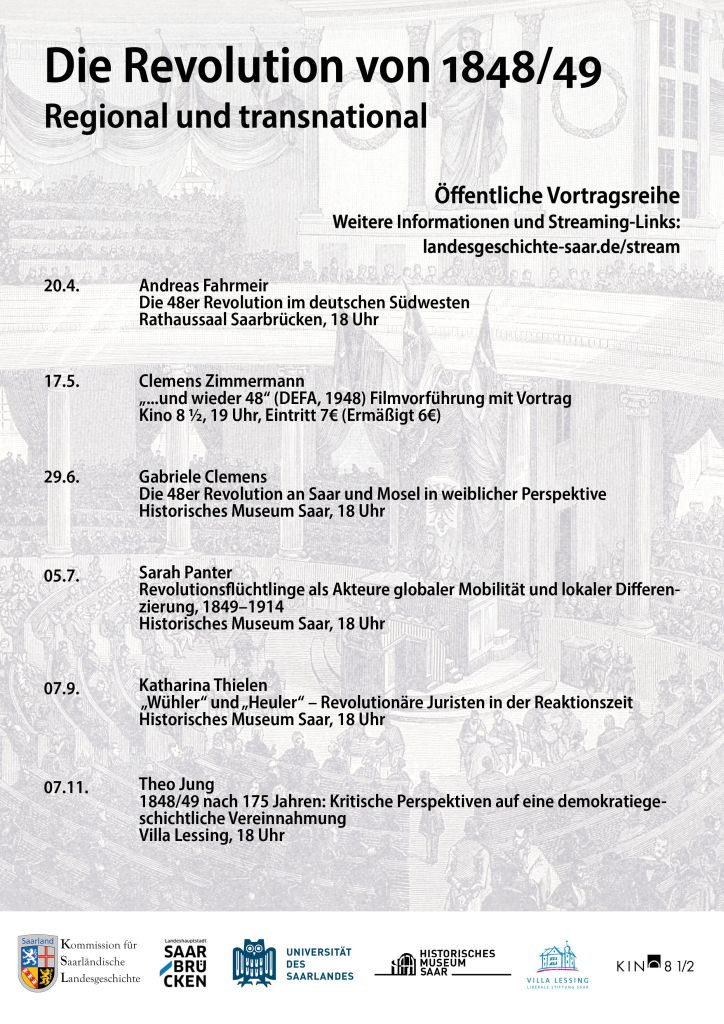Together with Mónica Brito Vieira (York), Sean W. D. Gray (Harvard), and Toby Rollo (Lakehead, Canada), I published a Critical Exchange in the journal Contemporary Political Theory titled
The Nature of Silence and Its Democratic Possibilities
It consists of four contributions and an introduction.
- Silence as a Mode of Political Communication: Negotiating Expectations – Theo Jung.
- Interpreting Silence: A Note of Caution – Sean W.D. Gray.
- Two Political Ontologies and Three Models of Silence: Voice, Signal, and Action – Toby Rollo.
- Silent Agency – Mónica Brito Vieira.
A pre-publication online version of the text can be read here, the published version here.
The Critical Exchange proposes a reconsideration of the multifarious forms and functions of silence in the political field, which cannot be reduced to the effects of silencing or of secrecy alone, but also encompass silent resistance, denial and a multitude of performative practices constitutive of individual or group identities.
My own contribution concerns the current state of research into political silences and some of its weaknesses. It proposes a re-orientation focused on the role of expectations, starting from the premise that communicative silence functions as the expressive omission of an expected signal.
Many thanks to my co-contributors, but especially to Mónica for inviting us to York and for organizing this publication.
As a group, we are working on another special issue on this topic, currently under review at the Critical Review of International Social and Political Philosophy.
Read Full Post »



